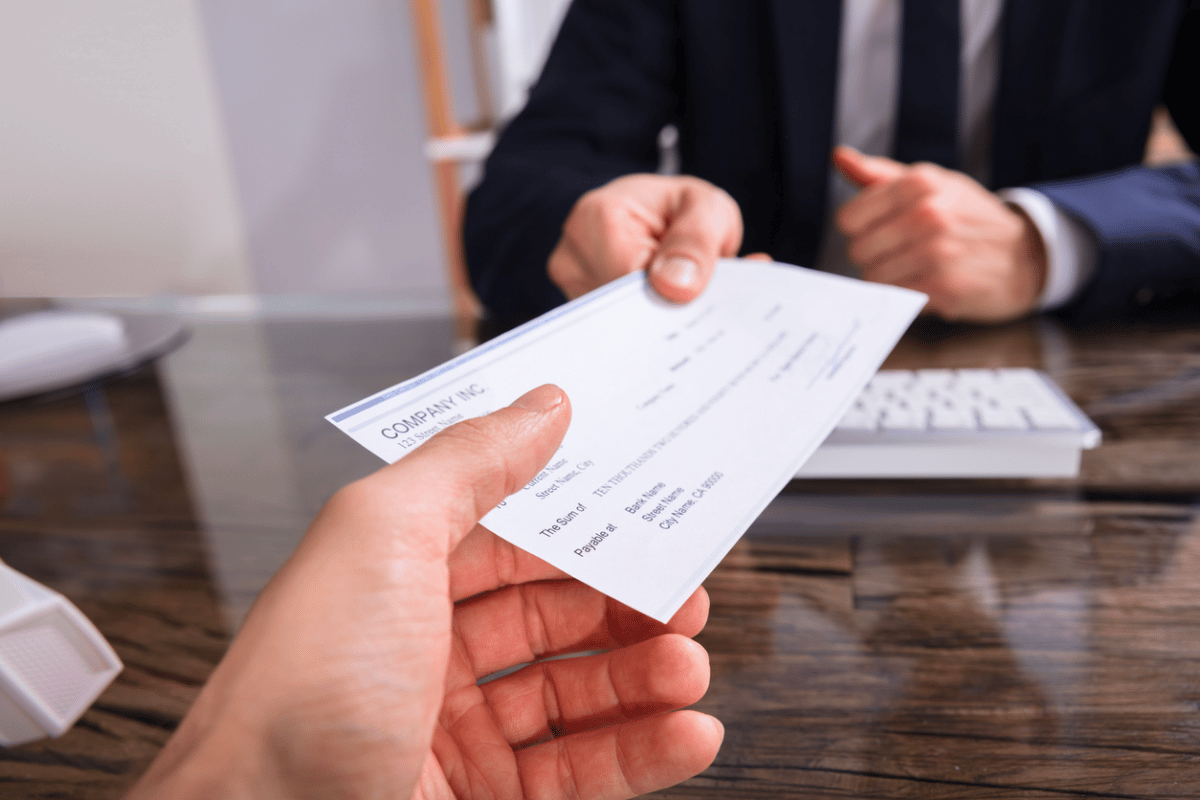Car accidents can turn your life upside down, and you can’t always blame bad driving. But can you sue the city for bad roads in New York? Poor road conditions, such as potholes, inadequate signage, or defective traffic lights, can contribute to accidents. If you have been injured in an auto accident due to bad road upkeep, you might wonder if you can hold the city accountable.
Suing the city for bad roads can be complex, but understanding your rights and the legal process can help you achieve justice. At Meirowitz & Wasserberg, we empathize with your difficulties and are here to guide you through the process of suing the city for road-related negligence. Our experienced team is ready to explain your options and pursue the compensation you deserve for your injuries and losses.
Quick Links
- Why Should I Hire Meirowitz & Wasserberg for My Bad Roads Case in New York?
- What Are Examples of Poor Road Conditions?
- Potentially Liable Parties in a Bad Roads Case
- How To Prove the City Was Negligent in Maintaining Roads
- How Can the Sue the City Attorneys at Meirowitz & Wasserberg Help?
- How Long Do I Have To File a Sue the City Claim in New York?
- What Compensation Is Available in a New York Bad Roads Case?
- Contact Meirowitz & Wasserberg Today
- Our New York Sue the City Attorneys
Why Should I Hire Meirowitz & Wasserberg for My Bad Roads Case in New York?
Suing New York City is more complex than a typical premises liability or slip and fall case. Following an auto accident caused by poor road conditions, you need a legal team that understands the challenges of suing the city. Our firm is dedicated to providing the experienced legal support you need. We have a proven track record of handling these cases and delivering results. Here are a few reasons to choose Meirowitz & Wasserberg.
Experienced and Dedicated Legal Team
Our attorneys have extensive experience in personal injury law, including cases involving government entities. These cases have unique challenges, such as navigating sovereign immunity laws, proving negligence, and shortened deadlines. Our team understands how to effectively pursue these claims and is committed to fighting for the compensation you are owed.
Testimonials
We have successfully helped numerous clients through similar circumstances. Their first-hand accounts of working with our firm speak for themselves:
- “I have known the team at Meirowitz & Wasserberg for a few years now. Sam, Dan, and Kush created a welcoming and inviting team when dealing with my case. I felt very comfortable and heard by these individuals and have loved to see their growth and success. It is not often that people express warm feelings towards legal counsel; however, this team cares so deeply for their clientele that you can’t help but feel an almost sense of familiar security when working with them. I give these five stars because they have earned them by not only being the great firm that they are, but because they do not view you as just a case but as a person needing their expertise.” – Kim Madril
- “Melissa and the Meirowitz & Wasserberg team win again! I can not recommend Melissa enough. From the moment she takes on your case, she is hands-on, and you are in the most capable hands. Her team stays in constant contact with updates on your case. She went the extra mile, and I felt like a part of the Meirowitz & Wasserberg family along the way. They truly care about their clients!!” – Justin Laskowski
- The team at Meirowitz and Wasserberg was amazing in helping me through my case. They were immediately understanding and personable from the moment I contacted them. I would not see anyone else in New York City if you were involved in an accident. – Travis Barkley
What Are Examples of Poor Road Conditions?
Poor road conditions can increase the risk of car accidents. Suing the city for bad roads normally involves suffering an injury in an accident and proving that road conditions directly caused the accident. Here are some common road conditions and hazards that can lead to accidents:
- Potholes – Uneven pavement can cause tire damage and potentially lead to loss of control, especially at high speeds.
- Faded or missing road markings – Lack of clear lane markers or crosswalks can create confusion, increasing the risk of accidents.
- Inadequate drainage – Roads that don’t drain properly can become slippery or flood, increasing the risk of hydroplaning.
- Loose gravel or debris – These can cause vehicles to skid or tires to lose traction.
- Missing or damaged signs – Without proper signage, drivers may be unaware of important traffic rules. Foliage and other obstructions can also prevent drivers from receiving necessary warnings or instructions.
- Malfunctioning traffic lights – Broken or improperly timed traffic signals can cause collisions at intersections.
- Improperly marked construction zones – Without adequate warning and clear instructions, drivers may be unable to navigate these areas safely.
Potentially Liable Parties in a Bad Roads Case
To sue New York City for bad roads, you must normally prove that road conditions caused an accident that led to injuries or property loss. When suing New York City for bad roads, it’s also crucial to accurately identify the liable party. The court will typically hold the entity responsible for the roadway’s maintenance and ownership accountable. This could include the town, city, county, state, or private contractor. In these cases, liability depends on who is responsible for maintaining the roads.
Multiple Defendants
In some cases, more than one entity could be liable. For example, if a road was improperly repaired by a private contractor hired by the city, the contractor and the city might share liability. Understanding how liability works in these complex cases is essential. Each defendant’s degree of responsibility will impact the lawsuit’s outcome and any potential compensation.
For example, imagine you are in an accident resulting in $100,000 in damages. There are two defendants, New York City and a private contractor. New York’s contributory negligence laws will assign a percentage of fault to each party. The court determines you are 20 percent liable for the accident while the two defendants are equally 40 percent liable. The court would reduce your damage awards by 20 percent, or $20,000. Each defendant would be responsible for $40,000 in damages, for a total damage award of $80,000.
How To Prove the City Was Negligent in Maintaining Roads
Proving negligence for poorly maintained roads involves specialized laws and doctrines, such as sovereign immunity and notice requirements.
Sovereign immunity is a legal doctrine that protects government entities from being sued. However, New York waives this immunity in certain cases, allowing you to sue for injuries caused by government negligence. However, it still impacts your ability to sue the city.
To sue New York City, you must file a Notice of Claim. This should include your personal information and accident details, including when, where, and how it happened. It should also explain the total damages you seek and the legal grounds for your lawsuit. Once completed, the city will investigate your claim.
If the city does not settle your claim, you must undergo an Examination of Claims. This may involve a hearing in which you will testify under oath regarding your accident and injuries. The city may also demand a physical exam. At this point, the city may settle the case. If it does not offer a fair settlement, our attorneys will discuss with you the possibility of taking the case to court.
Key Evidence
Building a successful case requires substantial evidence. This could include photographs of the road conditions, witness statements, road maintenance records, and expert testimony. A knowledgeable attorney experienced in these claims can help you gather the requisite evidence.
How Can the Sue the City Attorneys at Meirowitz & Wasserberg Help?
Founded in 2011, our firm has recovered over $360 million for our clients. We bring extensive experience and dedication to each case. We have a proven track record of handling complex accident claims involving governmental entities.
Contingency Fee Basis
We operate on a contingency fee basis. You don’t pay any legal fees unless we win your case. Our commitment to a contingency fee structure aligns our interests with yours and motivates us to strive for the best possible outcome. It also opens the doors to justice for community members by ensuring they have access to high-quality legal representation at no upfront cost to them.
How Long Do I Have To File a Sue the City Claim in New York?
The deadline for filing the Notice of Claim is only 90 days from your accident date. This short window means you must act quickly to preserve your rights. Further, the New York statute of limitations requires that you file your lawsuit within one year and 90 days. Missing either deadline will eliminate your right to seek compensation from New York City. Therefore, it is vital to seek legal help as soon as possible.
What Compensation Is Available in a New York Bad Roads Case?
The compensation you receive will depend on how severe your injuries or losses are. Normally, compensation in these cases includes economic and non-economic damages, such as:
- Medical expenses
- Lost wages
- Lost future wages
- Property damage
- Pain and suffering
- Rehabilitation costs
To successfully pursue compensation, you must document all your expenses and losses thoroughly, especially your injuries. Keep records of medical bills, repair estimates, and other relevant documents. An experienced lawyer can help you gather and present your evidence effectively.
Contact Meirowitz & Wasserberg Today
Suing the city for bad roads in New York can be complex. If your accident resulted in injuries or losses and less than 90 days have passed, you may still be eligible to sue New York City. Our team is committed to fighting for the compensation you deserve. Call (844) 446-9529 or contact us online to schedule your free consultation. You can also stop by our main office located on 6th Avenue in Manhattan.























